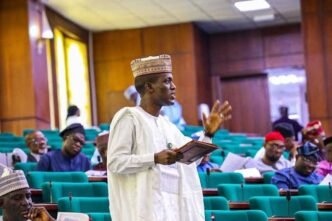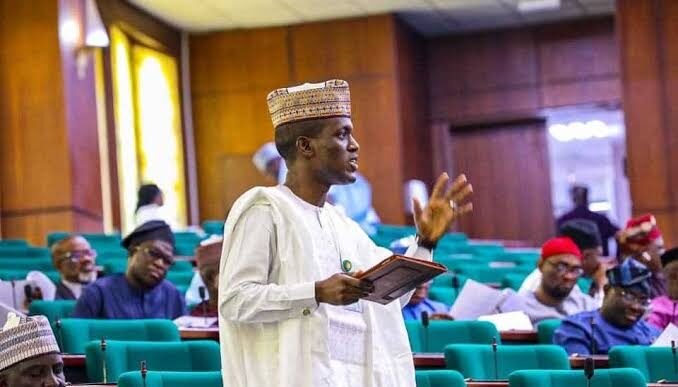In Nigeria’s evolving democratic landscape, the timeliness of electoral dispute resolution remains a critical concern. The proposal to amend the Constitution to empower the National Assembly to alter timelines for election tribunals seeks to address this issue, ensuring that electoral disputes are resolved promptly and effectively.
Background
The Constitution of the Federal Republic of Nigeria, 1999 (as amended), provides a framework for the conduct of elections and the adjudication of electoral disputes. However, the fixed timelines for the determination of election petitions and appeals have often been criticized for not accommodating unforeseen circumstances, such as natural disasters or other intervening events, which can delay proceedings.
In response to these challenges, various bills have been introduced in the National Assembly to amend the Constitution, aiming to provide flexibility in the timelines for election tribunals. For instance, the Fifth Alteration Bill No. 22, 2022, seeks to alter the Constitution to exclude the period of intervening events in the computation of time for determining pre-election petitions, election petitions, and appeals therefrom.

The Need for Constitutional Amendment
The rigid timelines currently enshrined in the Constitution may not be practical in all situations. Unforeseen events can disrupt the normal course of proceedings, leading to delays in the resolution of election disputes. By granting the National Assembly the power to alter these timelines, the amendment aims to provide a mechanism for extending or adjusting deadlines in exceptional circumstances, ensuring that justice is served without compromising the integrity of the electoral process.
Legislative Support and Sponsorship
The proposed constitutional amendment has garnered support from various lawmakers who recognize the importance of timely electoral dispute resolution. While specific legislators advocating for this bill may not be publicly identified in the available sources, the inclusion of such provisions in the National Assembly’s agenda indicates a collective interest in addressing the challenges associated with fixed election tribunal timelines.

Judicial Perspective
The judiciary plays a pivotal role in the adjudication of electoral disputes. Courts have previously ruled on matters related to the timelines for election tribunals, emphasizing the importance of adhering to constitutional provisions. For example, the Court of Appeal has upheld the National Assembly’s power to alter the sequence of elections, affirming the legislature’s authority in electoral matters.
However, the judiciary has also underscored the need for balance, cautioning against actions that may infringe upon the independence of the electoral body. The proposed amendment seeks to strike this balance by empowering the National Assembly to adjust timelines without undermining the autonomy of the Independent National Electoral Commission (INEC).
Potential Implications
Granting the National Assembly the power to alter election tribunal timelines could have several implications:
- Enhanced Flexibility: The amendment would allow for adjustments to timelines in response to unforeseen events, ensuring that electoral disputes are resolved in a timely manner without compromising fairness.
- Increased Accountability: With the ability to modify timelines, the National Assembly could hold election tribunals accountable for delays, ensuring that cases are adjudicated promptly.
- Potential for Abuse: While the amendment aims to provide flexibility, there is a risk that the power to alter timelines could be misused for political gain. Safeguards would be necessary to prevent such abuse.
Conclusion
The proposal to amend the Constitution to grant the National Assembly the power to alter timelines for election tribunals reflects a proactive approach to addressing challenges in the electoral dispute resolution process. By providing the legislature with the authority to adjust timelines in exceptional circumstances, the amendment aims to ensure that electoral disputes are resolved promptly and fairly, upholding the integrity of Nigeria’s democratic processes. As the bill progresses through the legislative process, it will be essential to consider the potential implications and ensure that appropriate safeguards are in place to prevent misuse of this power.
References
- Policy and Legal Advocacy Centre (PLAC). (2022). National Assembly Votes on Sixty-Eight Constitution Alteration Bills.
- Daily Trust. (2018). Appeal Court Upholds N’Assembly’s Power to Alter Election Sequence.
- Constitution of the Federal Republic of Nigeria, 1999 (as amended). (1999). Federal Government of Nigeria.
- Independent National Electoral Commission (INEC). (n.d.). Election Dispute Resolution Framework.
- Vanguard News. (2023). Electoral Act: Why Tribunal Timelines Need Constitutional Flexibility – Legal Experts.











